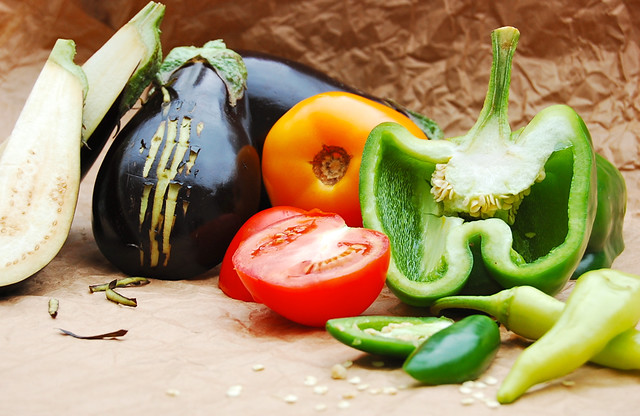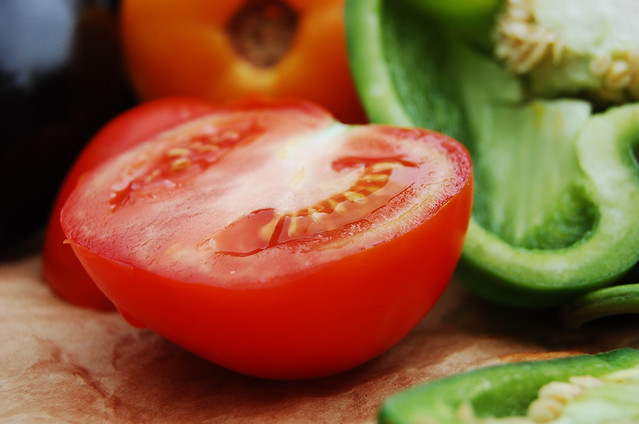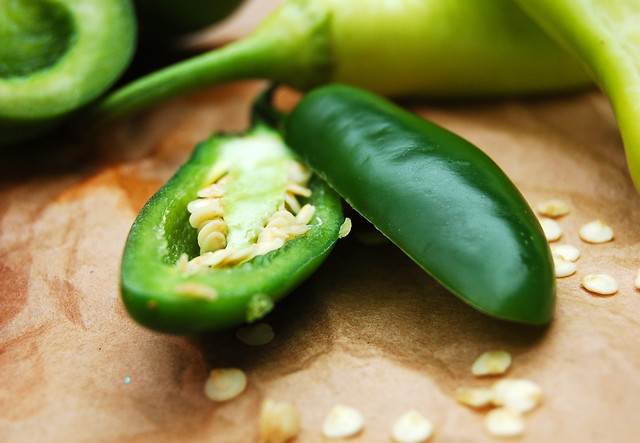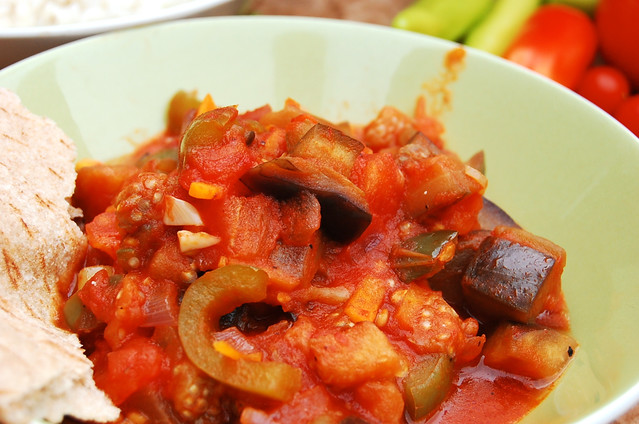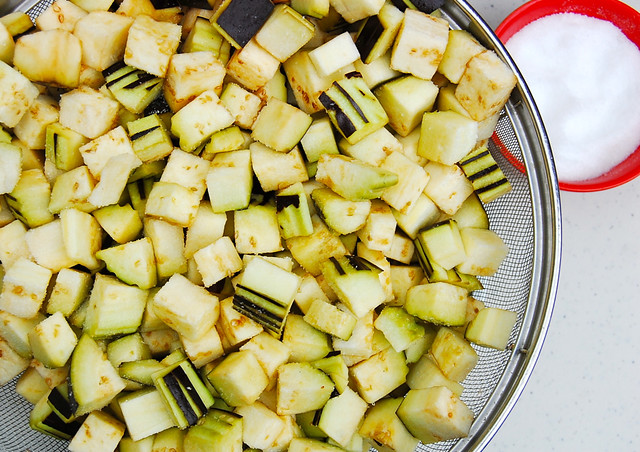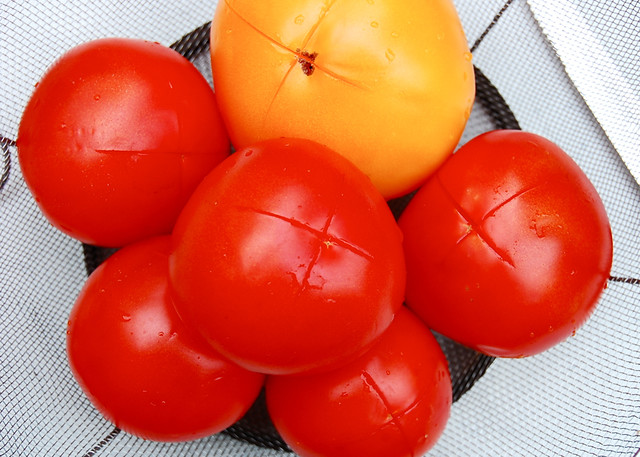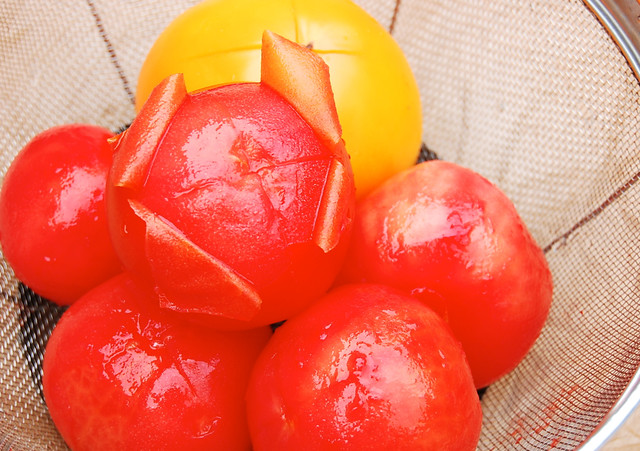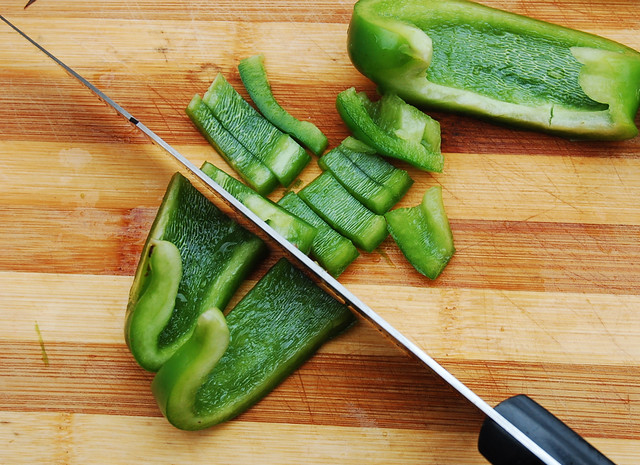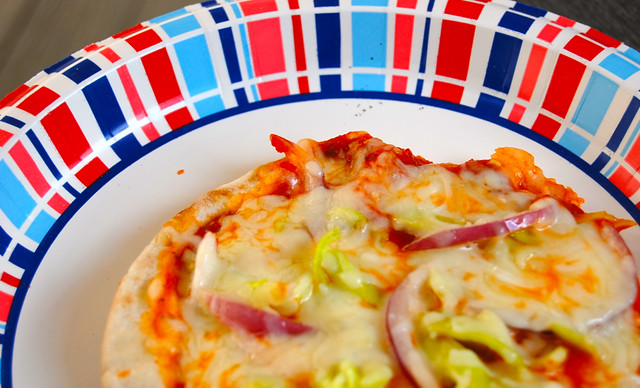Have you ever thought about how certain words provoke particular associations? Probably not if you speak only one language. But for a bi—or multi—lingual individual this could be a daily practice.
I first started thinking about this a little while ago while interpreting one of the conversations from English to Russian and back. The lady said “Я поела огурец”//”I ate cucumber” and as soon as I heard the word “огурец”, which is Russian for “cucumber” I had an image in my head of a crisp, cool and watery—this is how I remembered cucumbers from the childhood—green vegetable, associations that are so strong I could almost feel the cucumber on my teeth!
Word “cucumber”, meaning of which is quite clear to me, still does not awake such associations as its Russian translation.
Now the word "pickle" brings yet another association, quite different too.
I know the song isn't about pickles but about love. I love pickles, always have. And this year, I braved to make my own.
The process turned out easier than I though. And the outcome was out of this world! And by “this world” I mean this side of the globe—I have never eaten such pickles here. But I was indulging in store bought varieties, so it’s no surprise.
Another way we experience associations is trough our taste buds. Once I took a bite of these home made pickles, I was transported in time back to the street markets of my hometown where old ladies were selling semi-sours from the large buckets.
Pickles Lacto-fermenting

You will need:
A 5 gallon paint bucket with lid (new, never used for paint, buy it in the paint supply aisle of your home improvement store)
A large pot 8 or 12 quart
10 pounds medium pickles (4˝ to 6˝ long), washed
6 quarts of water
1 cup minus 2 T spoons pickling or kosher salt
About a dozen fresh grape leaves—they keep the crunch
1 bunch of dill weeds, washed
1 head of garlic, peeled
1 T spoon coriander seeds
1 T spoon dill seeds
1 T spoon black peppercorns
5-6 dry chili peppers (optional)
*Keep cucumbers in cold water overnight for freshness*
- In the bucket, layer washed grape leaves on the bottom to cover. Put in washed pickles, dill, garlic and spices.
- In the pot, bring water and salt to boil. Slowly pour boiling water over the pickles into the bucket.
- Close the bucket and keep it in a dry cool place. In 5 days you can open and skim the pickles as well as sample some semi-sours.
And that’s it for Piccolo amore!
